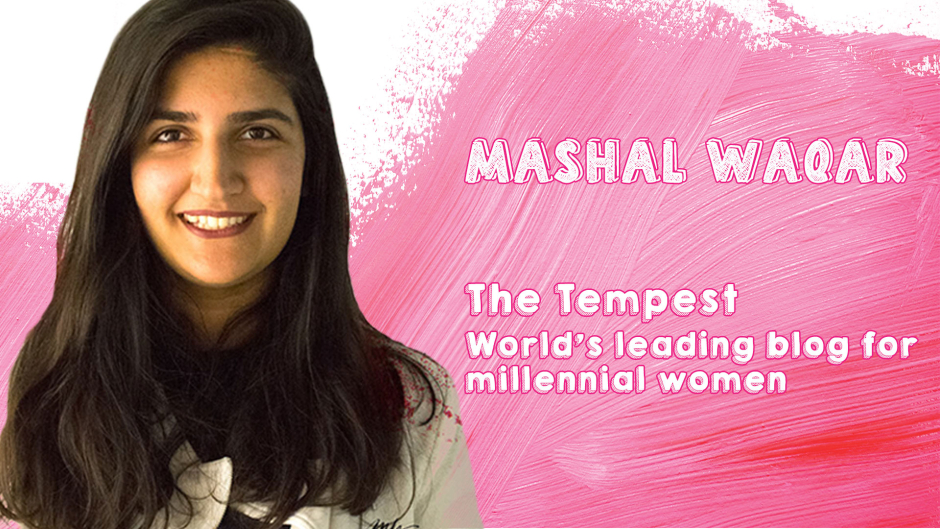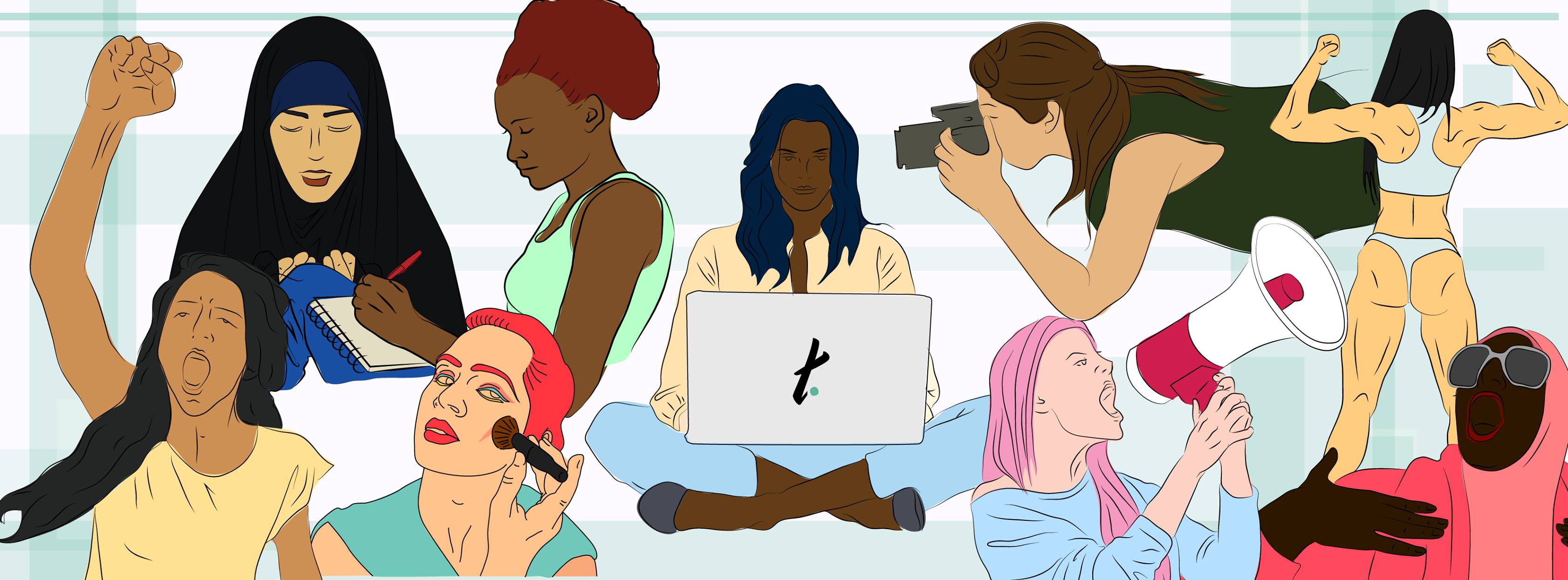It is no secret that women workforce is greatly under-represented in higher management positions throughout the world. According to a report by Catalyst, a global nonprofit organization working on building inclusive workspaces for women, the number of women in leadership and management roles across the world is only 24 percent, which is a merely 3 percent increase from 2016.
In Pakistan, the situation is even worse. According to a new report by the International Labor Organization (ILO), women constitute only 3% of the senior management positions. Pakistan ranks last among 108 countries when it comes to senior roles of women in the IT industry. The situation is truly bleak, but getting noticed and as a result, improving as well.
The question that arises the most in countries like Pakistan, where such sort of discrimination is prevalent, is how to highlight the individuals being affected and provide them with a platform which allows them to share their experiences with the whole world to ponder upon. Mashal Waqar faced the same question, and, when she couldn’t find a suitable answer, she decided to take the lead and fashion one for everyone else.
Mashal was raised in Dammam, Saudi Arabia. She spent most of her life in the Gulf regions. Due to her exposure to Saudi Arabia, Dubai and other Middle Eastern countries, she had the chance to get firsthand experience of discrimination that women had to suffer in these countries.
She saw that women were not given equal salaries. She witnessed how women were working just as hard as men but still weren’t given salaries equivalent to the other gender. Their hard work was not appropriated with deserving raises and they had strikingly low representation among the top brass of technology companies. One thing was always crystal clear to her, something needs to be changed.
Early education and experiences
After completing her Bachelors in Computing Security with double minors in International Business, and Networking & Systems Administrations from RIT, she started to look for internship and job opportunities in both Pakistan and in Gulf countries. That’s when she truly came across the difficulties that are associated with a woman looking to work in IT industry.
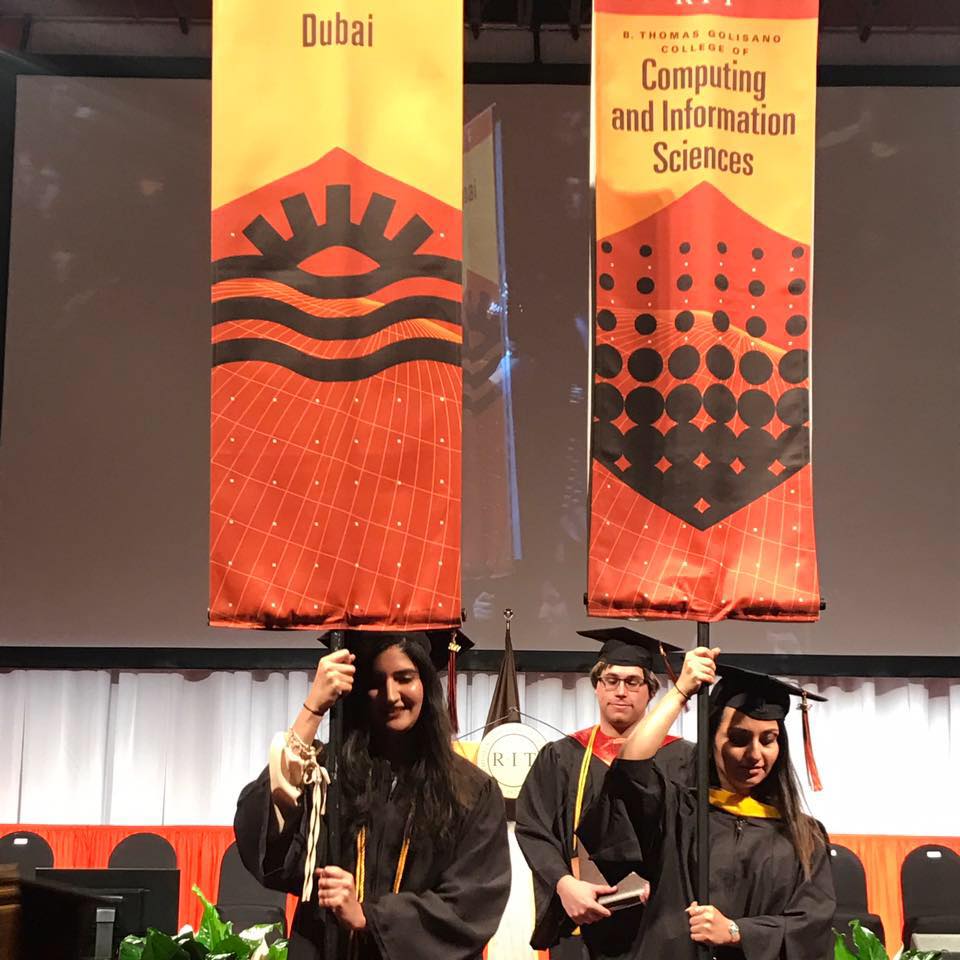
A striking response that she used to get was that recruiters couldn’t see her sitting behind the desk, working on a computer. Instead, being a woman, it was warranted that she should be working on something related to marketing, instead of trying to get into the field of cybersecurity. While looking for a job in Pakistan, she also came face to face with the attitude that women only need to get married, because that was supposed to be the highest form of achievement that was expected of them. Men were considered as the sole bread-winners of the family and women were only supposed to run the household.
“Being a woman, she was expected to be working in something related to marketing instead of cyber security”
The Journey towards “The Tempest”
Astounded by this brazen form of sexism and discrimination against women, she started looking for ways to raise her voice against it. That’s when she found Laila Alawa, who had just launched ‘The Tempest’ in Washington, DC. While working as a media person in Washington, Laila had come to realize that being a Mulsim Hijabi meant that people wanted to constrict her opinions and she wasn’t being appreciated for her hard work and dedication. She, too, wanted to speak out and let others speak against the kind of discrimination that Mashal had experienced and witnessed throughout her life.
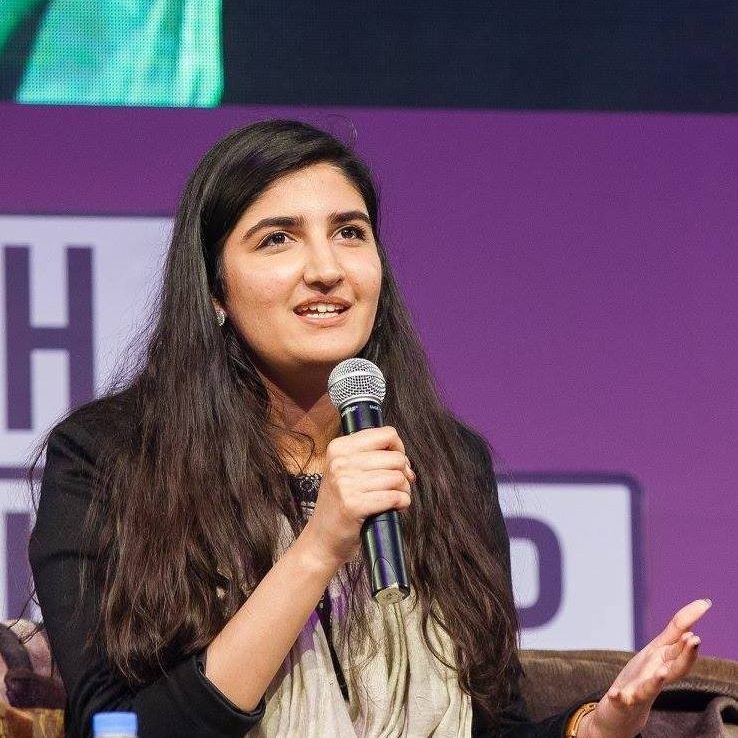
Mashal joined ‘The Tempest’ as an editorial fellow and then worked her way up to first becoming the tech editor, and then ultimately being elevated to the role of co-founder and CTO, a position which she holds to date. Mashal has helped in growing the platform from a few hundred users to millions of monthly readers. Her efforts of expansion have also helped to grow the content and make room for readers from Middle Eastern countries as well.
‘The Tempest’ is driven by a team of more than 100 volunteers spread over a number of countries and continents. It has provided a voice to more than 1200 different women writers across the world. These women have come together and have spoken out on the challenges that they face in their daily life, sparking a lively discussion on issues which were not even considered worthy of deliberation a few years ago.
Ranging from a wide collection of articles on issues like workplace discrimination to racism, politics, and social justice, ‘The Tempest’ has emerged as one of a kind place for women to get together and share their thoughts.
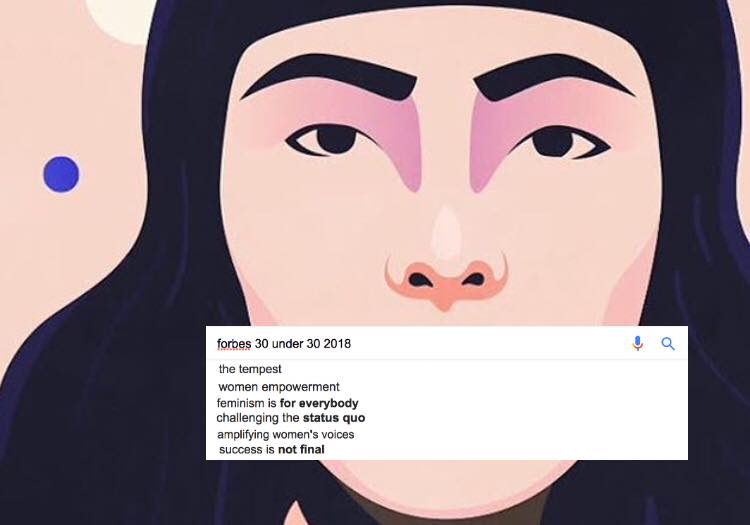
Mashal is currently planning to launch a fundraising campaign for ‘The Tempest’ which will see its team being expanded to hire more full-time members. She is pushing the platform to include more topics about the disabled, a portion of our society which consists of more than 1 billion people across the world and has been a victim of gross neglect in the past. She is working hard to make information properly accessible to the disabled and ensuring their progress towards being a useful member of the society isn’t hindered by lack of a proper platform.
Mashal is also hoping to expand the content to cover languages such as Arabic, Urdu, and Hindi. This should allow women native to South Asian countries in making sure their voices are heard and their problems are listened to by the rest of the members of their society.
An effective platform to raise voice is usually the first step for anyone looking to make a change. Mashal’s efforts in providing women across the globe with such a platform are indeed commendable and are affecting thousands of women each day. Her journey towards giving voice to those in need of recognition is a long one, and even though she has achieved a lot, it is promising to see her venturing into new areas and cultures to include as many people as she can in her mission towards self-empowerment.
